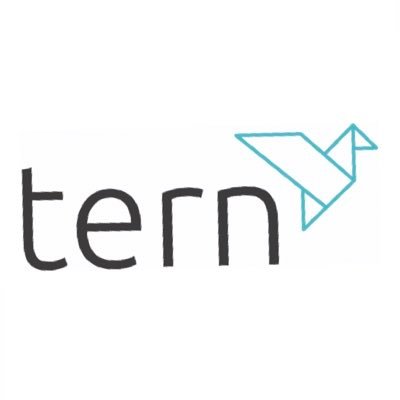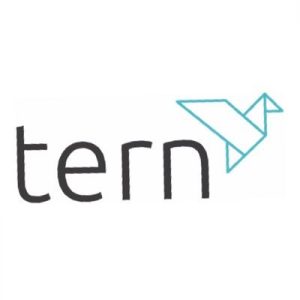In the ever-evolving landscape of transportation, Connected and Automated Vehicles (CAVs) are poised to usher in safer, greener, and more accessible mobility solutions. However, as we embark on this transformative journey, addressing the ethical considerations inherent in the development and deployment of CAVs is crucial.
The European Commission’s recent report by an independent group of experts highlights the importance of embedding ethical principles at every stage of CAV development and utilisation. The report outlines twenty key recommendations, ranging from responsibility in collision scenarios to ensuring privacy and fairness in data sharing, aiming to foster a safe, ethical, and responsible transition towards connected and automated mobility.
The Expert Group mentioned in the report comprises leading professionals who regularly advise the European Commission on policy preparation and implementation. This diverse collective includes experts in ethics, technology, law, and transport, offering insights and recommendations, although their advice is not binding on the Commission. The Commission retains flexibility in how best to incorporate this expertise into its policies.
Mariya Gabriel, Commissioner for Innovation, Research, Culture, Education, and Youth, emphasises that technological advancement alone is insufficient. Integrating ethical principles from the outset is essential to align emerging technology with societal values and needs seamlessly. At the core of this endeavour is a commitment to road safety, privacy protection, fairness, AI explainability, and accountability. Jean-Francois Bonnefon, chair of the Expert Group, asserts that the systematic inclusion of ethical considerations benefits all stakeholders, advocating for a Responsible Research and Innovation (RRI) approach.
The Expert Group’s key recommendations include establishing clear protocols for responsibility and accountability in collisions involving CAVs, defining the roles of manufacturers, software developers, and operators. Implementing stringent data privacy measures is crucial to protect user information collected by CAVs, including robust identity and access management (IAM) systems to ensure only authorised entities access sensitive data. Promoting ethical data sharing practices is necessary to balance the benefits of data utilisation with the need to protect individual privacy. Ensuring AI systems used in CAVs are transparent and their decision-making processes understandable by users and regulators is vital. Additionally, integrating advanced sensor technologies and AI-driven decision-making processes prioritises the safety of all road users, including pedestrians and cyclists. Finally, fostering a culture of responsibility through public engagement in discussions about CAV technology and promoting data and AI literacy is essential.
The potential of CAVs to revolutionise transportation is undeniable. They promise to drastically reduce road fatalities, enhance the accessibility of mobility services, and mitigate harmful emissions by optimising traffic flow. However, realising these benefits depends on addressing the multifaceted challenges posed by CAV deployment.
The European Commission’s strategy on Connected and Automated Mobility underscores its commitment to leading innovation in this domain. Through the Horizon Europe programme, ongoing research and innovation efforts prioritise Cooperative, Connected, and Automated Mobility, aligning with the broader objectives of the European Green Deal. Achieving these ambitions necessitates a holistic approach that transcends technological innovation. Cultivating a culture of responsibility, fostering public participation, and promoting data literacy and AI understanding are vital. Robust identity and access management practices will be crucial in ensuring the security and privacy of the data driving these innovations, aligning with the broader goal of responsible and ethical technological advancement.
As we navigate the ethical road towards connected and automated mobility, EU values and principles must serve as guiding beacons. Upholding these ethical standards ensures the just, sustainable, and inclusive deployment of CAVs, facilitating the twin digital and green transition envisioned for Europe’s future.
The recommendations by the Expert Group provide a blueprint for navigating the ethical complexities of CAVs. Embracing these principles will allow stakeholders to pave the way for a future where connected and automated mobility enhances convenience while upholding fundamental values of safety, fairness, and accountability.
Tern plc (LON:TERN) backs exciting, high growth IoT innovators in Europe. They provide support and create a genuinely collaborative environment for talented, well-motivated teams. Device Authority is focused on securing connected device ecosystems and is recognized as the global leader in Device Identity Lifecycle Management and Identity and Access Management (IAM) for the Internet of Things (IoT).


